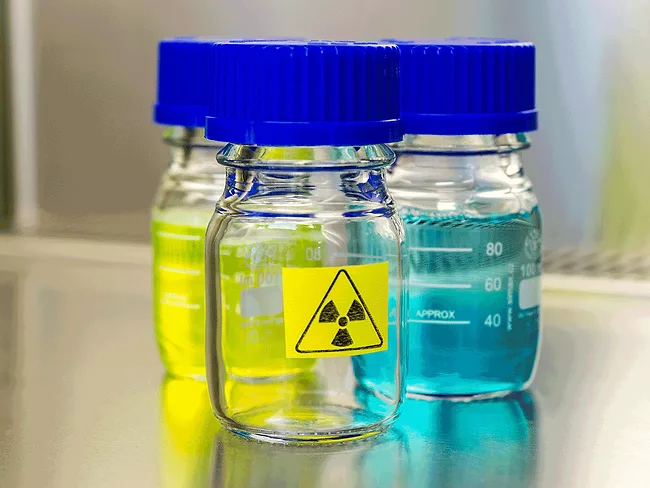
BioWorld - Thursday, December 25, 2025
ARTICLES
Radioactive revolution
Radiopharma pipeline gathers atomic speed
April 11, 2023
By Tamra Sami
Radioactive revolution
Radiopharma industry grapples with supply challenges
April 11, 2023
By Tamra Sami
Radioactive revolution
How are radiopharma companies managing supply challenges?
April 11, 2023
By Tamra Sami
Radioactive revolution
How are radiopharma companies managing supply challenges?
April 6, 2023
By Tamra Sami
Radioactive revolution
Radiopharma industry grapples with supply challenges
April 6, 2023
By Tamra Sami



